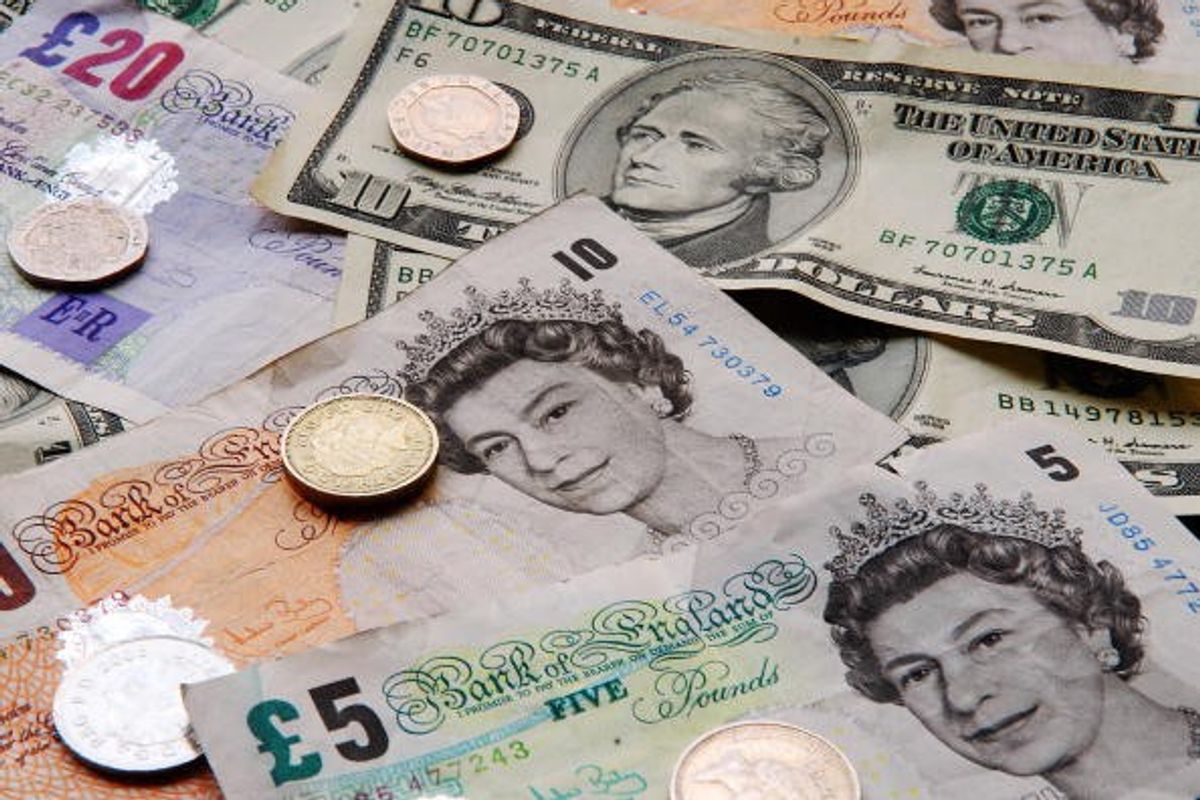Britain's economy grew by less than expected in July, with a fall in power production possibly reflecting the sharp climb in energy tariffs and the construction sector also hit by the leap in inflation, official data showed today (12) as experts claim that UK is still on "track of recession".
Gross domestic product grew by 0.2 per cent from June. A Reuters poll of economists had pointed to month-on-month growth of 0.4 per cent in July. In the three months to July, GDP was flat compared with the previous three-month period.
"Anecdotal evidence suggests that there may be some signs of changes in consumer behaviour and lower demand in response to increased prices," the Office for National Statistics (ONS) said regarding a fall in power generation.
Electricity prices leapt by 54 per cent in the 12 months to July, part of the surge in power costs that last week led to new Prime Minister Liz Truss announcing a cap on domestic energy tariffs. The announcement has reduced the risk of a severe hit to the economy, albeit at a cost of £100 billion or more to the already stretched public finances.
Last month, the Bank of England forecast that Britain would slip into a recession at the end of 2022 and not come out of it until early 2024, due in large part to the hit to living standards from the energy price surge. The BoE is expected to raise interest rates again on Sept. 22 as it seeks to combat an inflation rate above 10 per cent.
A heatwave in July might also have been a factor behind the fall in power demand although there were signs that it boosted ice cream manufacturers and visits to amusement parks and golf clubs, the ONS said.
Services output grew by a monthly 0.4 per cent in July but industrial production was down 0.3 per cent and construction dropped by 0.8 per cent, reflecting the jump in prices for materials, part of the broader inflation surge, as well as lost working hours because of the hot weather.
Gross domestic production fell by 0.6 per cent in June, which included two days of public bank holidays to celebrate the late Queen Elizabeth's 70 years on the British throne.
But an ONS spokesperson said the impact of the holidays was not a big factor in July.
Jake Finney, economist at PwC, fears the UK economy will shrink in the July-September quarter – despite the "modest" 0.2 per cent rise in GDP in July, which would put the economy into recession, he explains.
“The UK economy grew by a modest 0.2 per cent on a month-on-month basis in July, following its 0.6 per cent contraction in June 2022. However, looking beneath the headlines it’s clear this positive growth rate was primarily led by the performance of the services sector.
"Two of the other main engines of economic growth - production and construction - contracted in July," he says.


